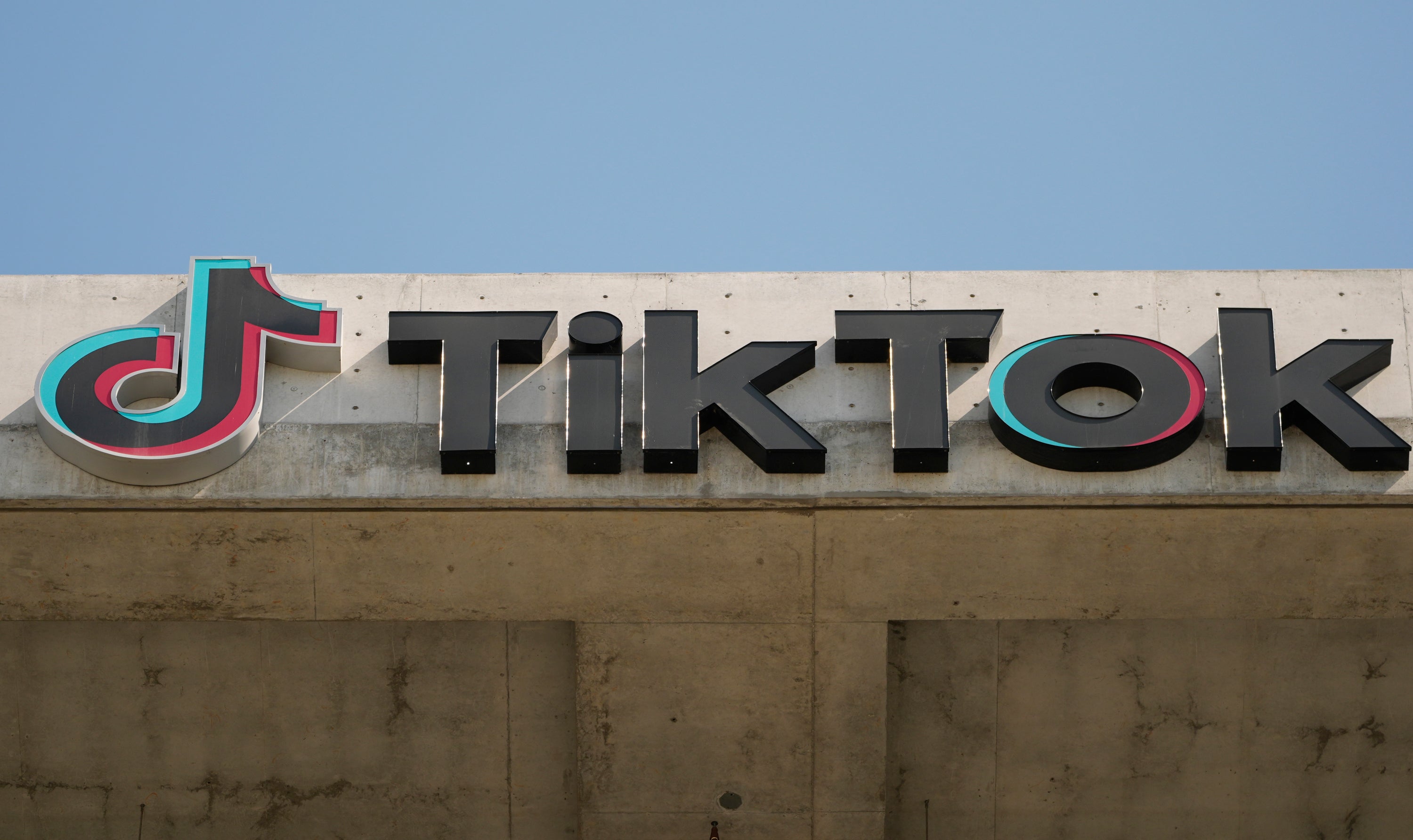TikTok compares itself to foreign-owned American news outlets as it fights forced sale or ban
TikTok has pushed back on arguments that the popular social media platform is not shielded by the First Amendment

Your support helps us to tell the story
From reproductive rights to climate change to Big Tech, The Independent is on the ground when the story is developing. Whether it's investigating the financials of Elon Musk's pro-Trump PAC or producing our latest documentary, 'The A Word', which shines a light on the American women fighting for reproductive rights, we know how important it is to parse out the facts from the messaging.
At such a critical moment in US history, we need reporters on the ground. Your donation allows us to keep sending journalists to speak to both sides of the story.
The Independent is trusted by Americans across the entire political spectrum. And unlike many other quality news outlets, we choose not to lock Americans out of our reporting and analysis with paywalls. We believe quality journalism should be available to everyone, paid for by those who can afford it.
Your support makes all the difference.TikTok on Thursday pushed back against U.S. government arguments that the popular social media platform is not shielded by the First Amendment, comparing its platform to prominent American media organizations owned by foreign entities.
Last month, the Justice Department argued in a legal brief filed in a Washington federal appeals court that neither TikTok's China-based parent company, ByteDance, nor the platform's global and U.S. arms — TikTok Ltd. and TikTok Inc. — were entitled to First Amendment protections because they are “foreign organizations operating abroad” or owned by one.
TikTok attorneys have made the First Amendment a key part of their legal challenge to the federal law requiring ByteDance to sell TikTok to an approved buyer or face a ban.
On Thursday, they argued in a court document that TikTok’s U.S. arm doesn’t forfeit its constitutional rights because it is owned by a foreign entity. They drew a parallel between TikTok and well-known news outlets such as Politico and Business Insider, both of which are owned by German publisher Axel Springer SE. They also cited Fortune, a business magazine owned by Thai businessman Chatchaval Jiaravanon.
“Surely the American companies that publish Politico, Fortune, and Business Insider do not lose First Amendment protection because they have foreign ownership,” the TikTok attorneys wrote, arguing that “no precedent” supports what they called “the government’s dramatic rewriting of what counts as protected speech.”
In a redacted court filing made last month, the Justice Department argued ByteDance and TikTok haven’t raised valid free speech claims in their challenge against the law, saying the measure addresses national security concerns about TikTok’s ownership without targeting protected speech.
The Biden administration and TikTok had held talks in recent years aimed at resolving the government's concerns. But the two sides failed to reach a deal.
TikTok said the government essentially walked away from the negotiating table after it proposed a 90-page agreement that detailed how the company planned to address concerns about the app while still maintaining ties with ByteDance.
However, the Justice Department has said TikTok’s proposal “failed to create sufficient separation between the company’s U.S. operations and China” and did not adequately address some of the government’s concerns.
The government has pointed to some data transfers between TikTok employees and ByteDance engineers in China as why it believed the proposal, called Project Texas, was not sufficient to guard against national security concerns. Federal officials have also argued that the size and scope of TikTok would have made it impossible to meaningfully enforce compliance with the proposal.
TikTok attorneys said Thursday that some of what the government views as inadequacies of the agreement were never raised during the negotiations.
Oral arguments in the case are scheduled to begin on Sept. 16.